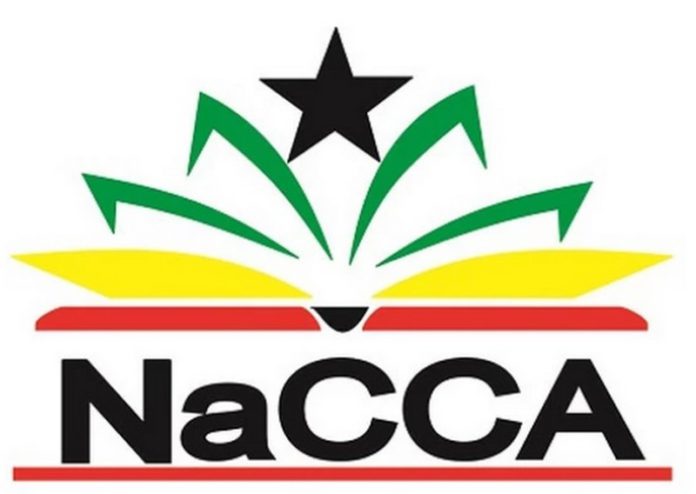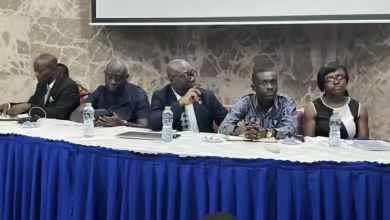
Concerns about NaCCA books’ assessment and approval role are brought up by GPA.
Regarding the National Council for Curriculum and Assessment’s (NaCCA) role in evaluating and approving books for sale, the Ghana Publishers Association (GPA) has expressed serious concerns.
The GPA has requested that Parliament take away NaCCA’s jurisdiction in this area, citing concerns about impartiality and openness.
Asare Konadu Yamoah, president of GPA, explained the association’s stance during a news conference by saying, “We are demanding that the book assessment and approval role granted to NaCCA be withdrawn.”
A New Regulatory Entity Is Needed
In order to establish a new, independent organization to supervise the book assessment procedure, the GPA President pleaded with Parliament to work with industry stakeholders.
He recommended that NaCCA concentrate on its main duties, which include creating and overseeing the national curriculum.
“To ensure fairness and protect the interests of all publishers, we believe that the assessment and approval of textbooks should be handled by an independent body free from conflicts of interest,” Yamoah said.

Claims of Discrimination and Abuse of Resources
In his harsh criticism of NaCCA, Mr. Yamoah did not hold back in charging the group of bias and squandering public funds.
He said that NaCCA has favored some publishers over others and has even pushed the Ministry of Education to create its own textbooks, using money and authority from the state for what he called a self-serving goal.
Yamoah said, “We cannot collaborate with an organization that has made it clear that it intends to support a specific publisher.”
“This kind of behavior erodes the integrity and trust that are necessary for the book approval process.”
Intellectual Property Issues
Serious concerns over the defense of intellectual property rights were also voiced by the GPA.
Highlighting the dangers associated with the purported bias of NaCCA, Mr. Yamoah said, “We cannot trust such an organization with our work, which is protected by copyright.
Any infringement on a publisher’s intellectual property rights may be viewed as a danger to that publication.
He emphasized that publishers, who depend on an equitable and transparent regulatory framework to protect their work, are losing money and creative freedom as a result of the existing state of affairs.
Needs to Take Prompt Action
The GPA is requesting that Parliament take immediate action to create a fair and unbiased authority to oversee the book review and approval procedure in light of these worries.
According to the group, taking this action is essential to safeguarding the rights and interests of every publisher in the sector.
They contend that in order to regain public trust and guarantee that all instructional materials adhere to strict quality and impartiality requirements, a new regulatory structure is necessary.
Price Modifications and Financial Difficulties
Apart from tackling regulatory matters, the GPA declared a noteworthy hike in book prices across the nation.
Mr. Yamoah announced during the conference that book prices will increase by 40% starting in June 2024. He clarified that other government measures negatively impacting the publishing industry, together with the introduction of Value Added Tax (VAT) on imported books, are the driving forces for this decision.
“We have had to modify our prices in order to maintain our businesses due to the imposition of VAT on imported books and other unfavorable government policies,” Yamoah said.
Effects on Learning Resources
Mr. Yamoah went on to explain what kinds of books are impacted by these financial difficulties. “The majority of books used in higher education, technical and vocational training, and to encourage the growth of a reading culture are imported.
Since they are not published in the nation, these cannot be printed locally, he stated. He said that it is not reasonable to apply VAT universally to books that are imported and locally produced, considering the state of the economy and the unique requirements of the educational field.
The GPA’s reform proposal emphasizes how crucial it is that the Ghanaian book evaluation and approval process be transparent and equitable.
Deep-seated worries about prejudice and the defense of intellectual property rights are reflected in the association’s request for an independent regulatory agency.
At the same time, the industry’s complicated problems are highlighted by the financial strains publishers face, which are made worse by governmental regulations.








